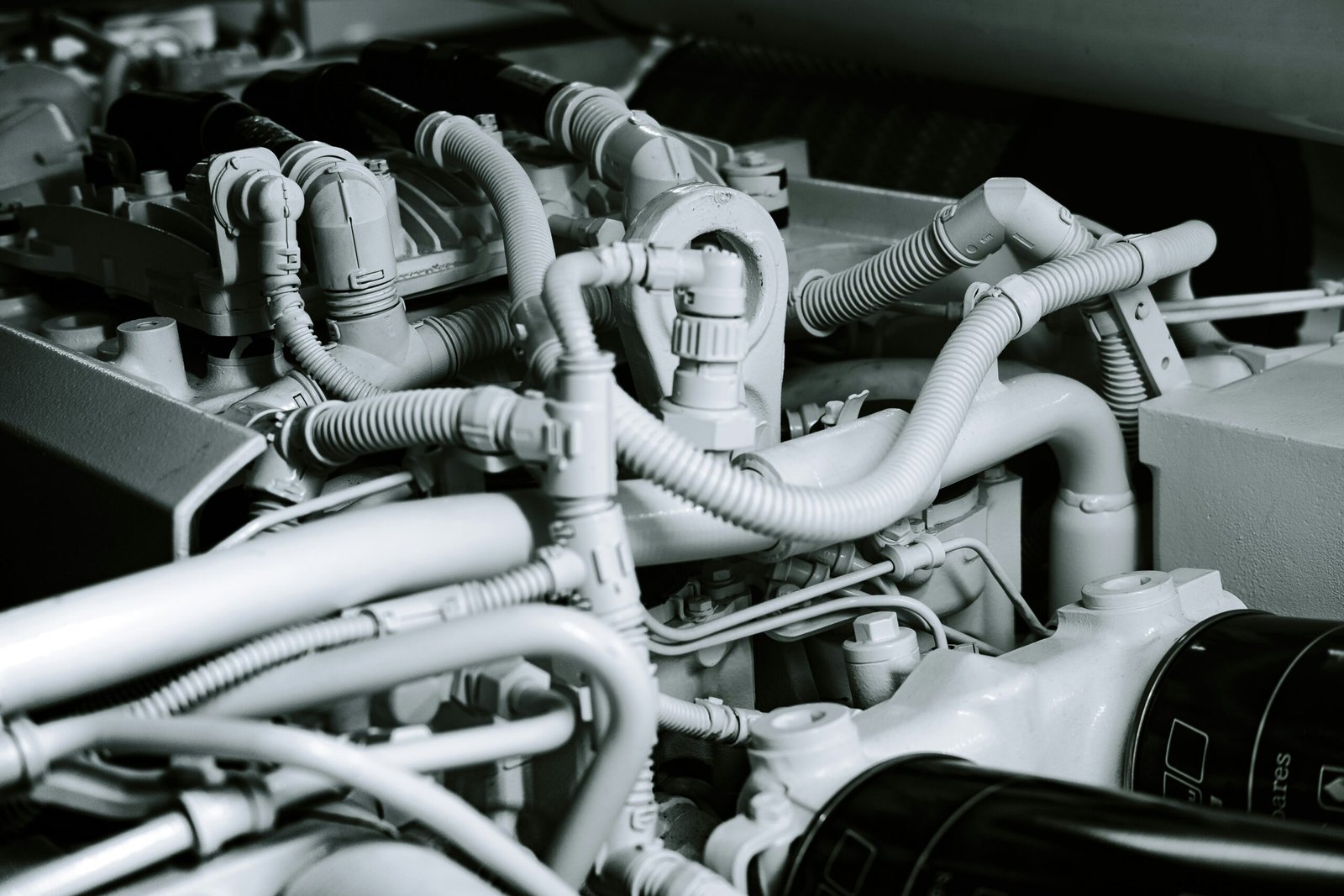Introduction to Diesel Engines
Diesel engines have become a popular choice for many vehicle owners due to their efficiency and performance. However, like any technology, they come with their own set of advantages and disadvantages. In this article, we will discuss the pros and cons of diesel engines, helping you make an informed decision about whether a diesel vehicle is right for you.
Advantages of Diesel Engines
One of the primary benefits of diesel engines is their fuel efficiency. Diesel fuel contains more energy per gallon compared to gasoline, translating to better mileage and longer driving ranges. Consequently, diesel vehicles tend to be more economical for long-distance driving.
Additionally, diesel engines are known for their durability. They are built to withstand higher levels of stress and usually have a longer lifespan than their gasoline counterparts. This robustness often results in lower long-term ownership costs, making them an attractive option for fleet operators and heavy-duty vehicles.
Disadvantages of Diesel Engines
Despite their advantages, diesel engines are not without downsides. One major concern is the environmental impact. Although diesel engines produce lower amounts of carbon dioxide, they emit higher levels of nitrogen oxides and particulate matter, which can contribute to air pollution.
Furthermore, diesel engines can be more expensive to maintain. Parts and repair costs can be higher due to the complex technology involved in modern diesel engines. Moreover, initial purchase prices are often greater than those of gasoline vehicles, which can be a barrier for some buyers.
Conclusion
In conclusion, diesel engines offer notable advantages, particularly in fuel efficiency and longevity. Yet, their environmental impacts and higher maintenance costs are points to consider. Ultimately, the choice between a diesel and a gasoline engine should align with your driving needs and priorities.
